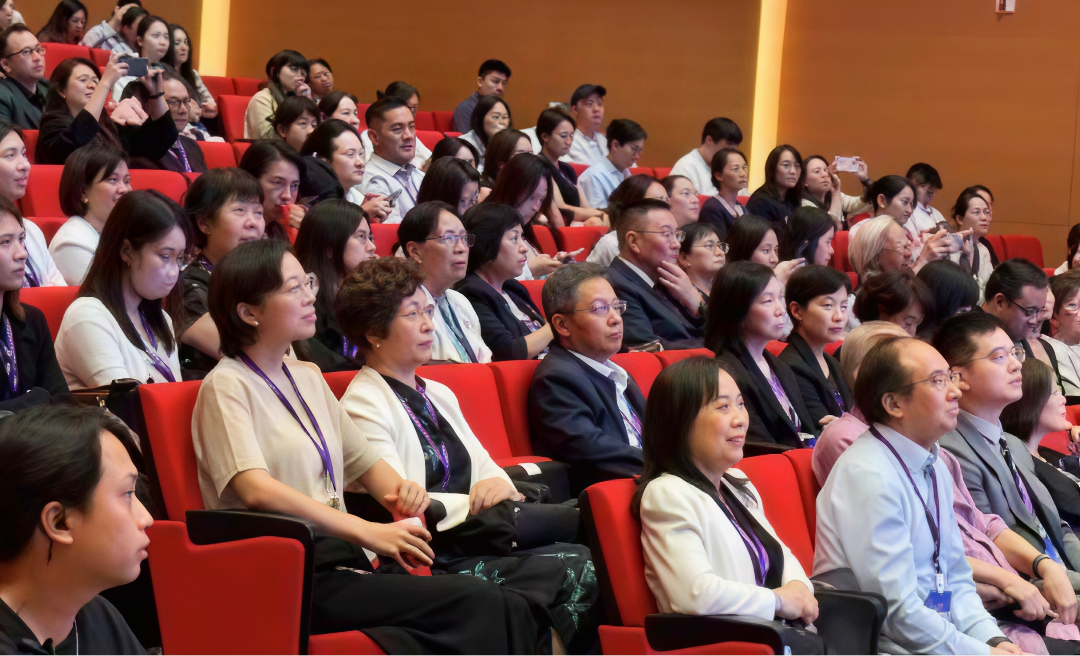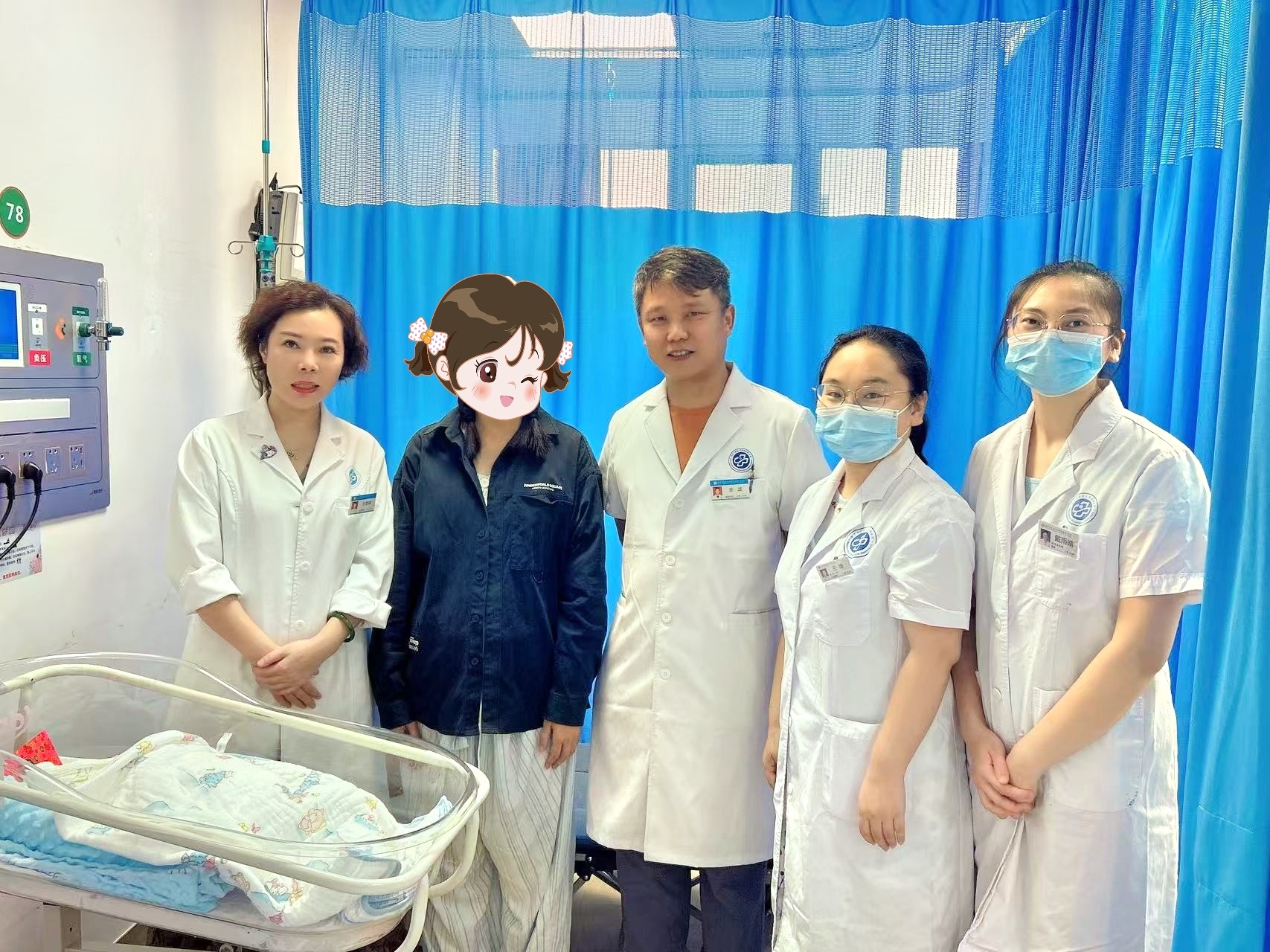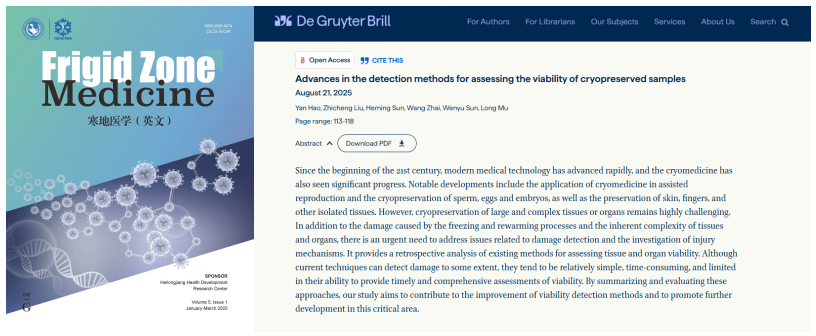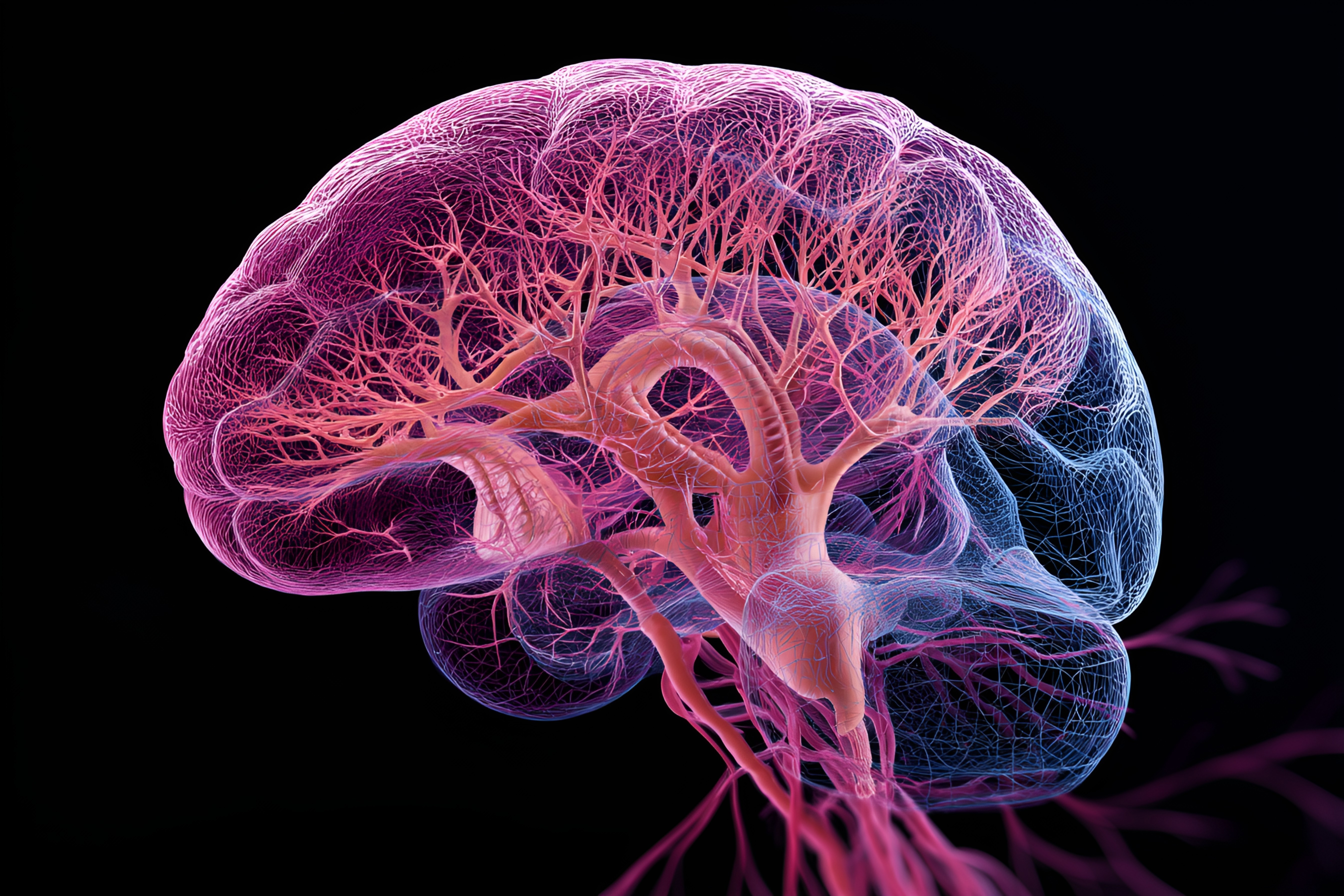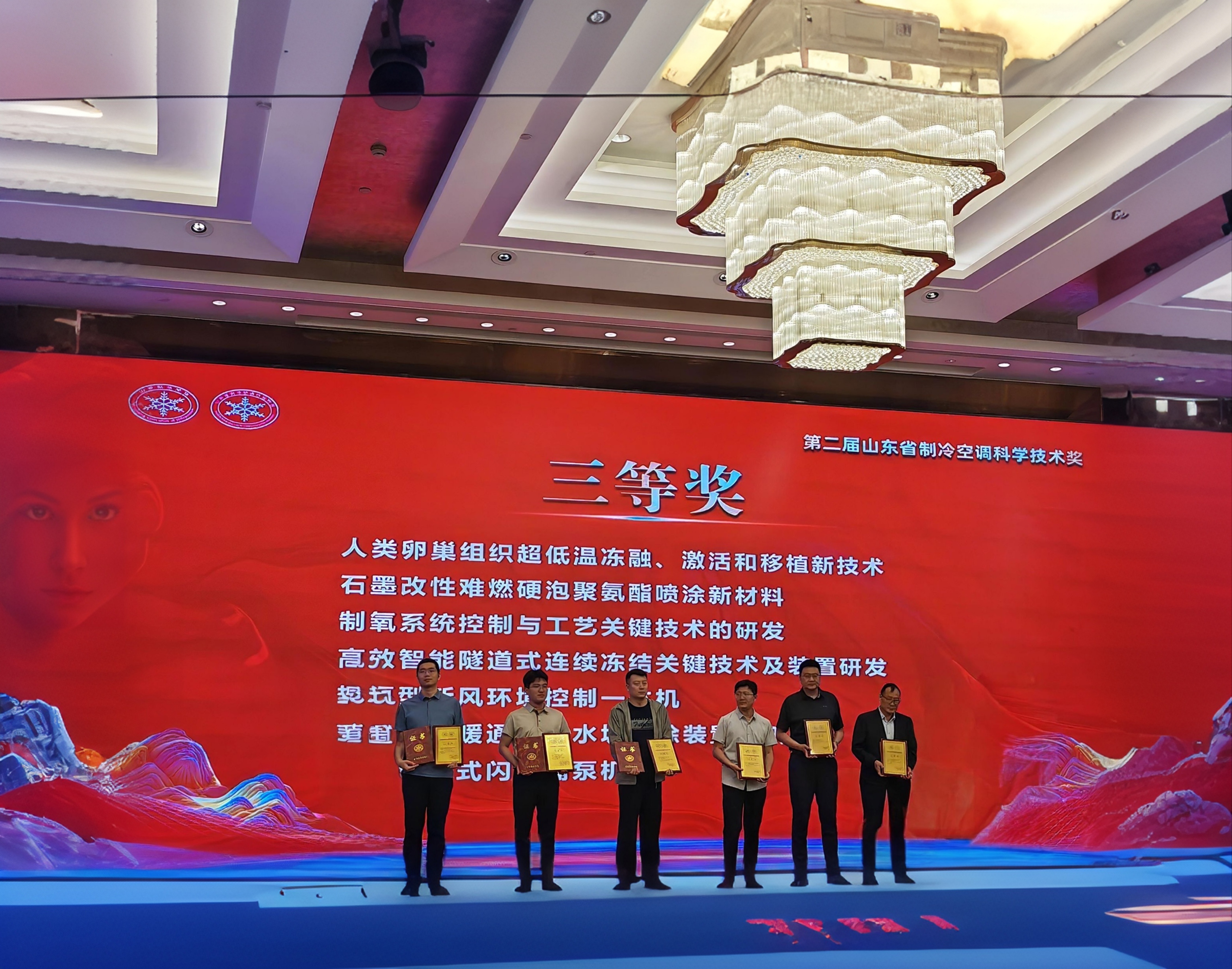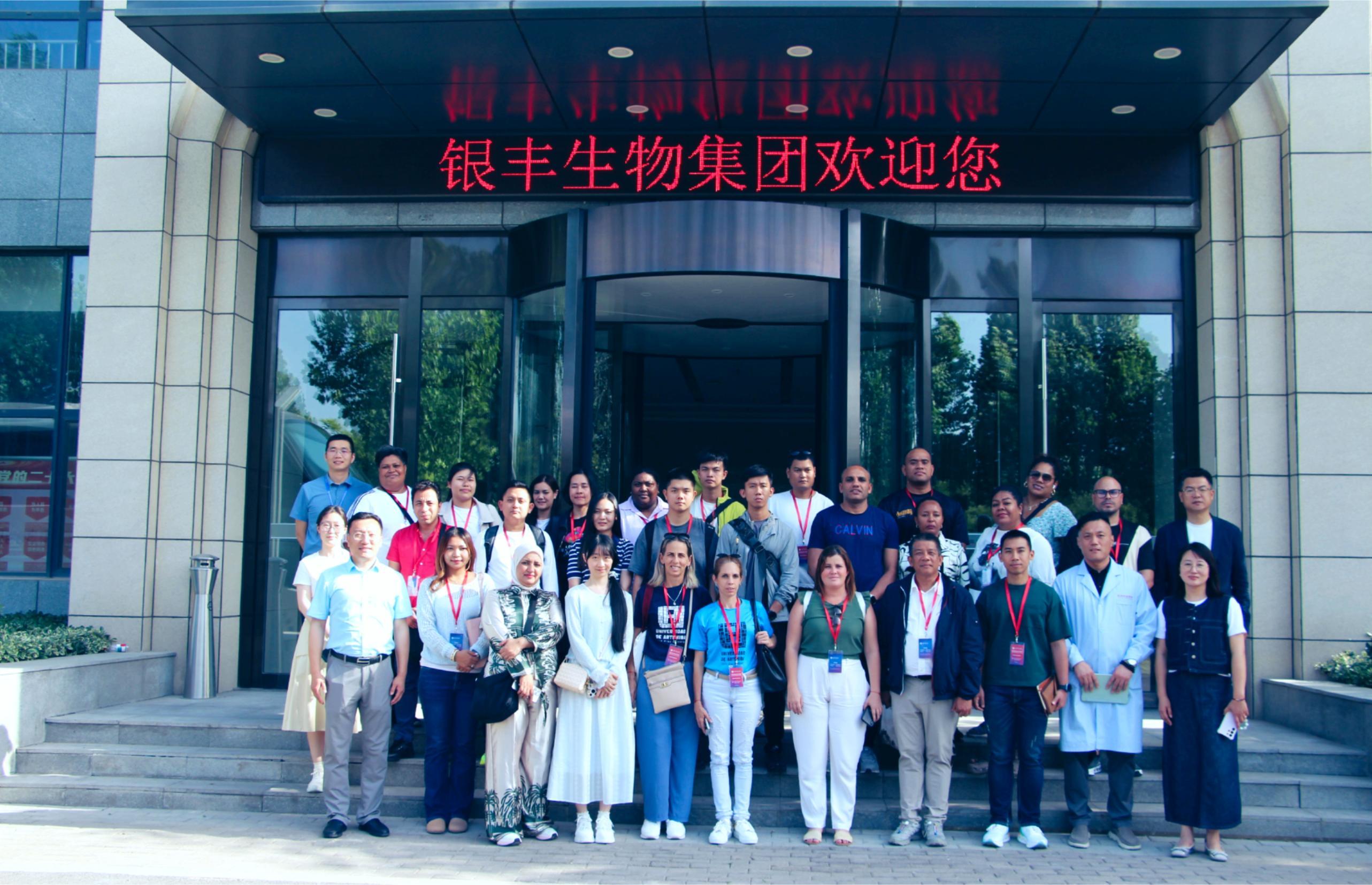A Crucial Step! World's First Successful Gene - Edited Pig Lung Transplant into a Brain - Dead Patient
Release time:
2025-09-05
Recently, the international authoritative journal Nature Medicine published a paper announcing the completion of the world's first pre - clinical trial of transplanting a gene - edited pig lung into a brain - dead human. This achievement offers a breakthrough solution to the global shortage of lung transplant donors and is hailed by international experts as a "milestone" in the field of xenogeneic organ transplantation.
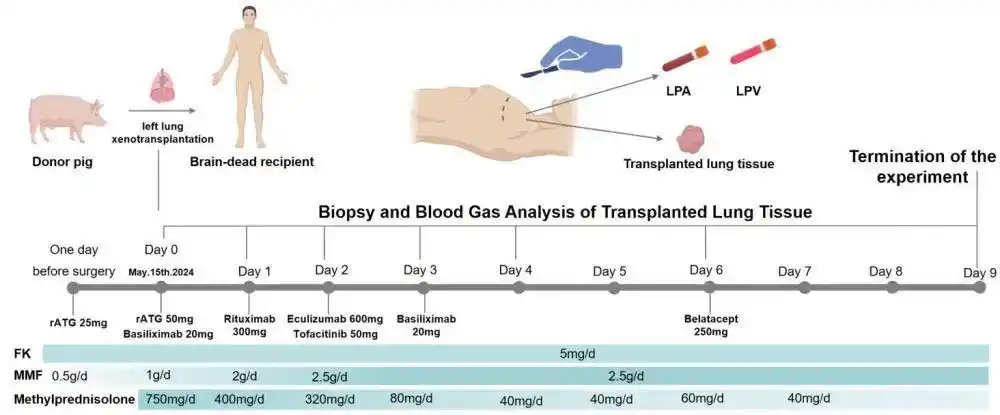
Six Gene Edits + Nine - Day Function Maintenance: Key Technological Breakthrough
This trial was led by the team of Professor He Jianxing from the First Affiliated Hospital of Guangzhou Medical University. The research team selected a Bama miniature pig with six gene edits as the donor and transplanted its left lung into a brain - dead patient, mimicking the common single - lung transplant procedure in clinical practice.
Post - operative monitoring data showed that the transplanted lung successfully maintained ventilation and gas exchange functions for up to nine days, with no hyperacute rejection reaction occurring during this period. Synchronous pathogen monitoring also detected no signs of active infection. This outcome indicates that gene - edited pig organs can function stably in the human body in the short term, laying the groundwork for extending their survival time in the future.
Ethics First + Technological Iteration: The Path from Laboratory to Clinic
As a cutting - edge area in global medical research, the ethical compliance of xenogeneic organ transplantation has drawn significant attention. The research team emphasized that this trial strictly adhered to China's laws, regulations, and ethical guidelines. The plan passed multiple - level reviews, including those by the hospital's ethics committee, and was under full - time supervision. The subject was a patient with severe traumatic brain injury. After multiple independent assessments confirmed brain death, the patient's family voluntarily participated in the study to support medical progress. The trial ended on the ninth day at the family's request.
"The global demand for organ transplants is increasing with the aging population, and xenotransplantation is seen as a key solution to the donor shortage," the research team stated. In the next step, they will focus on optimizing gene - editing strategies and anti - rejection treatment protocols to prolong the survival of transplanted organs. Additionally, they will promote the application of the self - developed "tubeless technology" in the trials to reduce the damage to donor lungs caused by mechanical ventilation and accelerate the transition to clinical use.
International Recognition: The "Milestone" Significance in the Challenge of Lung Transplantation
Compared with previous xenogeneic kidney, heart, and liver transplants, lung transplantation is considered more challenging because the lungs are constantly exposed to the external air, making their physiological balance more fragile. Beatrice Domínguez - Hill, the director of the Spanish National Transplant Organization, commented that China's progress in the most difficult area of lung transplantation "is an important milestone in relevant research."
This achievement not only validates the feasibility of gene - editing technology in xenogeneic lung transplantation but also marks China's shift from a follower to a leader in this field. With further research, xenogeneic lung transplantation may bring new hope to countless patients awaiting organ transplants.
Latest developments
Over the two days, the symposium was not only a collision of ideas but also seeds sown to advance social progress in life culture. The Shandong Yinfeng Life Science Public Welfare Foundation will continue to use technology as wings and culture as roots, collaborating with all sectors of society to enhance the quality of life for the Chinese people and build a human-centered life care system.
According to recent announcements by the Jinan Municipal Bureau of Science and Technology, 11 outstanding achievements from Jinan have been included in the 2025 "Shandong Outstanding Achievements Report" project. Among them is the globally first-of-its-kind ovarian tissue dual-activation technology developed by Shandong Silver Med Life Science Research Institute (Jinan).
Recently, Frigid Zone Medicine, an authoritative international journal in the field of cryomedicine, published an important review titled "Advances in the Detection Methods for Assessing the Viability of Cryopreserved Samples". Written by the team of Yinfeng Cryomedical Research Center, the article systematically reviews and analyzes various detection techniques currently used to evaluate the viability of cryopreserved cells, tissues, and organs. It also proposes key directions from the perspectives of methodological integration and future instrument development, offering crucial theoretical support and practical guidance for the long - term cryopreservation of complex tissues and organs.
Recently, the "Novel Technology for Ultra-Low Temperature Cryopreservation, Activation, and Transplantation of Human Ovarian Tissue," developed through a collaborative effort between Shandong Yinfeng Life Science Research Institute and Beijing University of Chinese Medicine Shenzhen Hospital, has been awarded the 2025 Shandong Refrigeration and Air Conditioning Science and Technology Award. This groundbreaking technology pioneers a new pathway for female fertility preservation, marking a significant leap in China’s interdisciplinary advancements in reproductive medicine and cryobiology.
On May 19, a delegation from the Chinese Training Workshop for Government Officials of Developing Countries visited the exhibition hall of Yinfeng Biological Group's Cryomedicine Research Center. Government officials from multiple countries gained in-depth insights into Yinfeng’s innovative achievements in cryobiomedicine, cell storage, genetic technology, and other fields. They engaged in discussions with the delegation on technology transfer and international cooperation, contributing to the building of a global community with a shared future for humanity.



